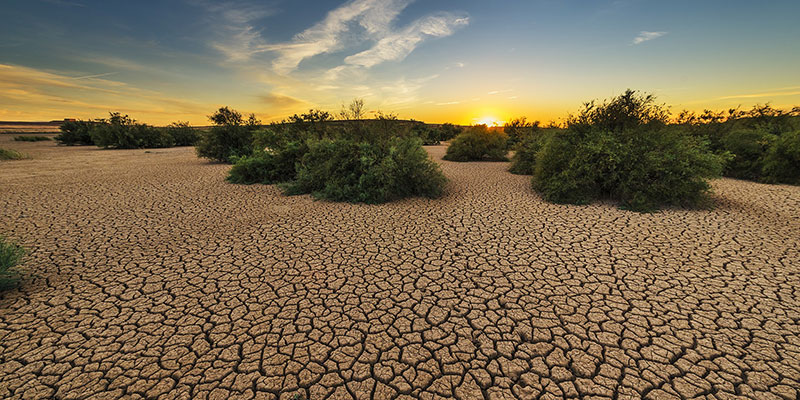
Impacts of extreme climatic events on ecosystems
Event details
Extreme events such as droughts, heatwaves, floods and fires can have profound effects on ecosystems and biodiversity. Projections indicate that climate change is likely to increase the incidence and / or magnitude of such extreme events in many places. The summer of 2018 was remarkable for hot, dry weather in many areas of the world and for a large number of wildfires.
This two-day conference on the ecological consequences of extreme climatic events will:
- Present recent results
- Provide a forum for discussion
- Explore options to build resilience of ecosystems
There will be a mixture of invited and offered papers, with opportunities for discussion. We envisage the audience will largely be composed of researchers, with a smaller number of conservation practitioners / policy makers, with attendees from Europe and elsewhere, as well as the UK. The event will help to synthesise recent findings in an important area of science with application to real world problems, with the potential for attendees to contribute to a publication and/or special issue in this area.
Talks and Posters
Across the two days, we will have four sessions of scientific presentations, with two invited speakers (tbc) per session, and discussion after each. The first evening will be an informal dinner with a poster session.
- Quantifying extreme events – frequency & severity
- Impacts of extreme events on biodiversity (to include extreme versus long-term changes)
- Impacts of extreme events on different ecosystems, local versus global impacts
- Policy recommendations & adaptation/management for extreme events
15-minute talks and posters are welcome on any of the above topics. This meeting will take a broad approach and monitoring, modelling and experimental studies are all welcomed.
Partners

Contact
Jane Hill